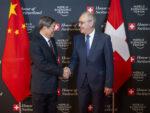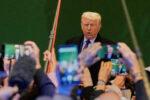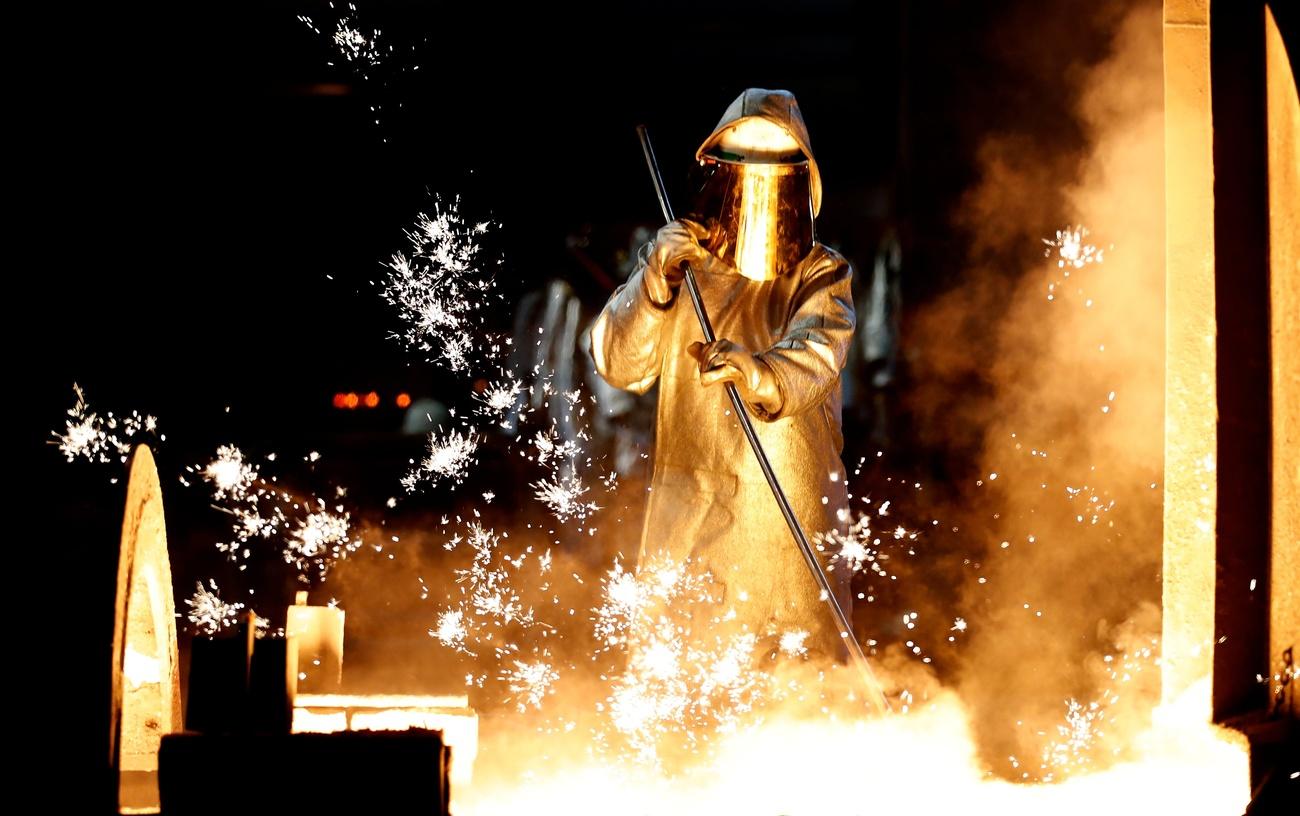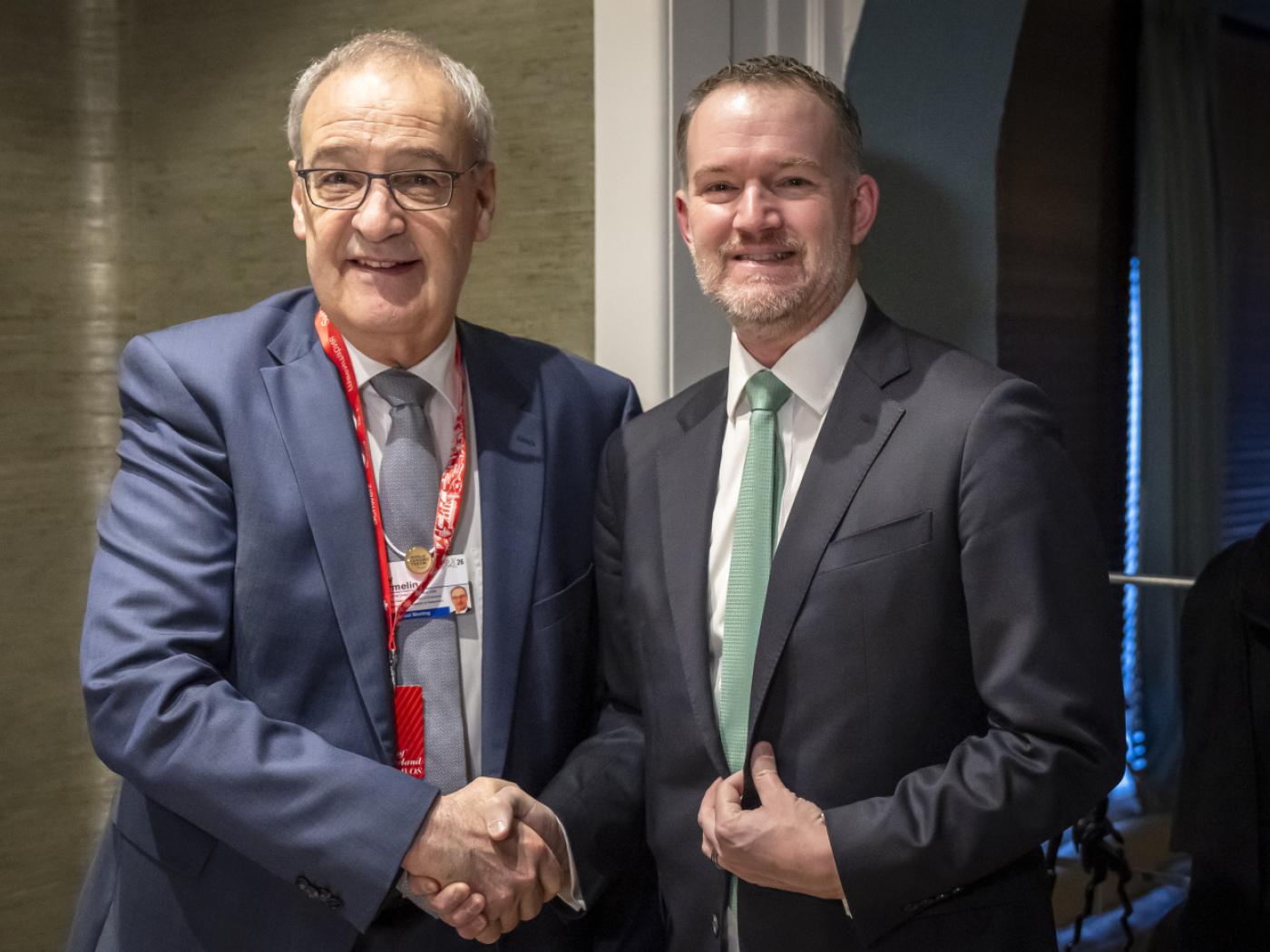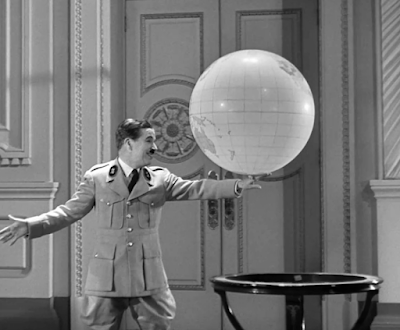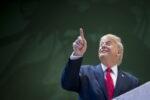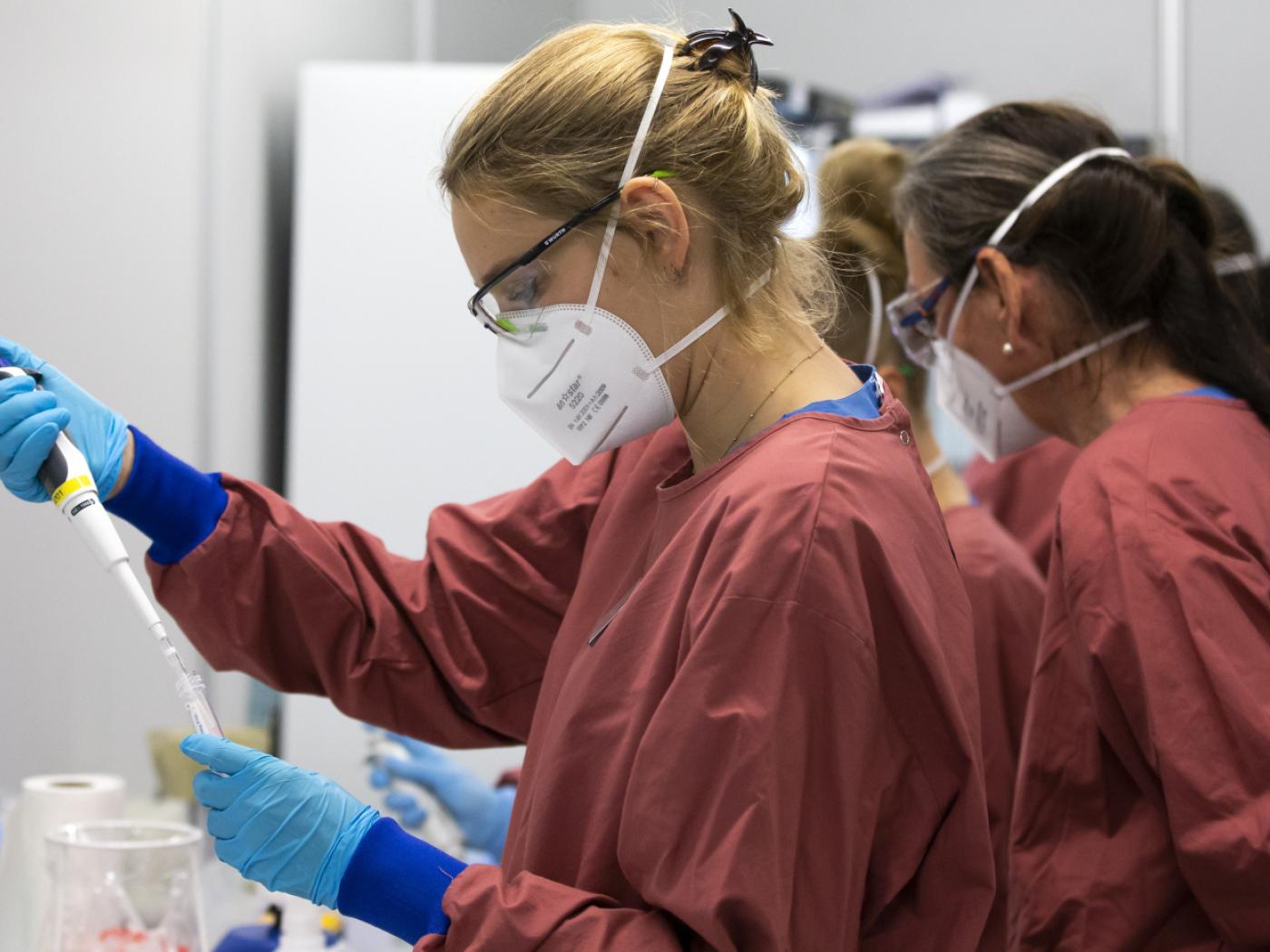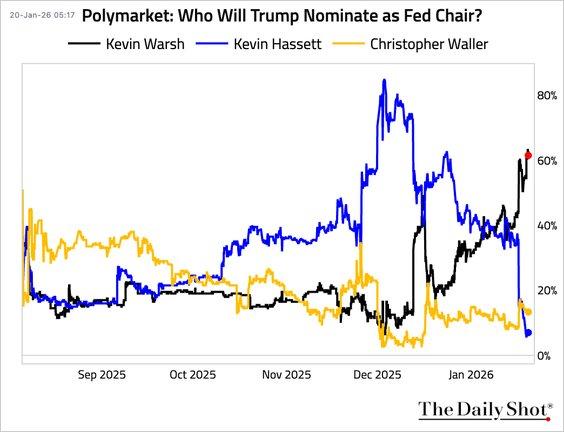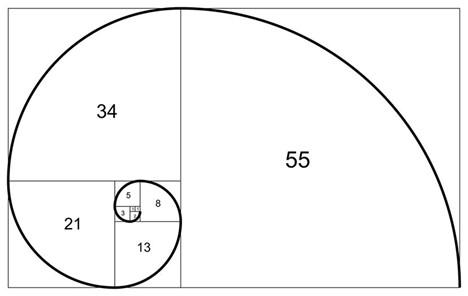Many academic fields are devoted to reconstructing reality, to make reality fit their socialist ideals better. Those who wish to reconstruct reality argue, for example, that there is no reason why some animals should be regarded as “wild.” They argue that we should seek “new ways to think and act in a world dominated everywhere by human power and activity” and that there is no reason to exclude the animal world from that enterprise. Instead, “we have a responsibility to protect ‘wild’ animals from scarcity and disease and to preserve their habitats.” For example, Beka Jalagania argues in favor of special duties toward wild animals: “One such circumstance that is generally thought to create positive duties toward wild animals is the infliction of unjustified harms on these animals. In cases like this, often called reparation cases, it is argued, justice requires that we assist wild animals who have been harmed by our actions.”
Proponents of making “reparations” to wild animals do not have in mind wildlife conservation, which has long been of interest to scientists. Nor are they concerned with the well-established fields of animal welfare and animal husbandry. This is not a mere exhortation that everyone should be kind to animals and be concerned for the welfare of animals in their care. The issue concerns the obligations of the state and recourse to the public purse. Underlying academic attempts to dissolve the boundary between the human and animal worlds is a presumption that state interventions ought to encompass wild animals or indeed anything else people would like to see brought under the scope of state regulation. Nothing should be beyond the reach of the total state, not even wild animals.
The public debate on animal consciousness and animal welfare support therefore raises public policy implications. For example, the New York Declaration on Animal Consciousness suggests that “the evidence establishes at least a realistic possibility of consciousness. The chance is high enough to warrant further research aimed at addressing questions of consciousness in these animals. The chance is also high enough to warrant serious consideration of their welfare.”
As we have previously argued, such attempts to regulate the natural world—and in doing so, to reimagine nature as we would wish it to be—are foolish. Wild animals cannot be trained not to be predators nor can they be subjected to diversity, equity, and inclusion training to ensure that they uphold “shared values.” We argued that “predation is part of the way the natural world exists, and it is not the business of ethics to endeavor to reconstruct nature.” Our argument was that “ethics, at least if we confine ourselves to the secular realm, is about how human beings can best lead their lives, and to demand that we alter the way animals lead their lives is a foolish and presumptuous error.”
The philosophy of Austrian economics takes the world, and reality, as it is. As Austrian economics is concerned with human action, a further question arises as to whether human action is different from animal action and, if so, in what way and why that matters. In Human Action, Ludwig von Mises argued that “what distinguishes man from beasts is precisely that he adjusts his behavior deliberately.” He argues:
From the point of view of eternity and the infinite universe man is an infinitesimal speck. But for man human action and its vicissitudes are the real thing. Action is the essence of his nature and existence, his means of preserving his life and raising himself above the level of animals and plants.
Mises described this as “specifically human desires and needs which we may call ‘higher’ than those which he has in common with other mammals.”
The idea that man is in any real sense “higher” than other animals is contested by those who see man as nothing but a predator who does not raise himself above the level of animals. On the contrary, they see man as a destructive super-predator who causes nothing but harm to “the planet.”
Other opponents of human superiority over animals argue that many animals exhibit the essential traits of humans. For example, scientists suggest that some animals—for example, wolves—understand cause and effect. Others suggest that wild beasts adjust their behavior deliberately to cooperate with one another in pursuit of common goals:
Evidence for cooperation and compassion among swimming, flying and walking creatures has captured public imagination. In the ocean, groupers, wrasse and eels form a multispecies team, working together to flush out and consume prey in bouts of collaborative hunting. In the sky, variegated fairy wrens and splendid fairy wrens recognize one another, form stable partnerships and jointly defend patches of eucalyptus scrubland.
Others have attempted to model animal action along the same lines as they model human action:
Here, we present an individual-based model of human–animal interactions where animals can either avoid encountering a human, or stay on their foraging ground and be subject to the human’s actions, whether dangerous, rewarding or neutral. We use this model to assess the capacity for animals with different learning abilities to reach the optimal avoidance strategy within their lifetimes.
Mises acknowledges that we cannot predict what future science will reveal about human nature or indeed animal nature, and it may well be revealed by scientific discoveries that animals are much more intelligent than hitherto supposed. However, this does not change his theory of human action and the essential idea that humans aim “to struggle successfully for survival and to use reason as the foremost weapon in these endeavors.”
Moreover, Mises remains skeptical that science will ever discover everything capable of being known about the natural world. Only utopians search for omniscience and omnipotence, and Mises is singularly unimpressed by their efforts:
They weave dreams about the perfect state. . . . Utopians do not pay heed to human nature and the inalterable conditions of human life. Godwin thought that man might become immortal after the abolition of private property. Charles Fourier babbled about the ocean containing lemonade instead of salt water. Marx’s economic system blithely ignored the fact of the scarcity of material factors of production. Trotsky revealed that in the proletarian paradise “the average human type will rise to the heights of an Aristotle, a Goethe, or a Marx.”
Mises argues that the utopians will never achieve their goal as there will always be an ultimate given—something we cannot explain by reference to science. Science is more modest than the utopians, as it recognizes that scientists will always be in a quest to know more and that there will always be more to be discovered. Mises explains: “The very idea of absolute perfection is in every way contradictory. The state of absolute perfection must be conceived as complete, final, and not exposed to any change,” and as long as life exists, there will be change. Omniscience or absolute knowledge will never be attained. We will always need to rely on praxeological categories to understand human action, even as the frontiers of human knowledge and understanding continue to expand.
Full story here Are you the author? Previous post See more for Next postTags: Featured,newsletter
















